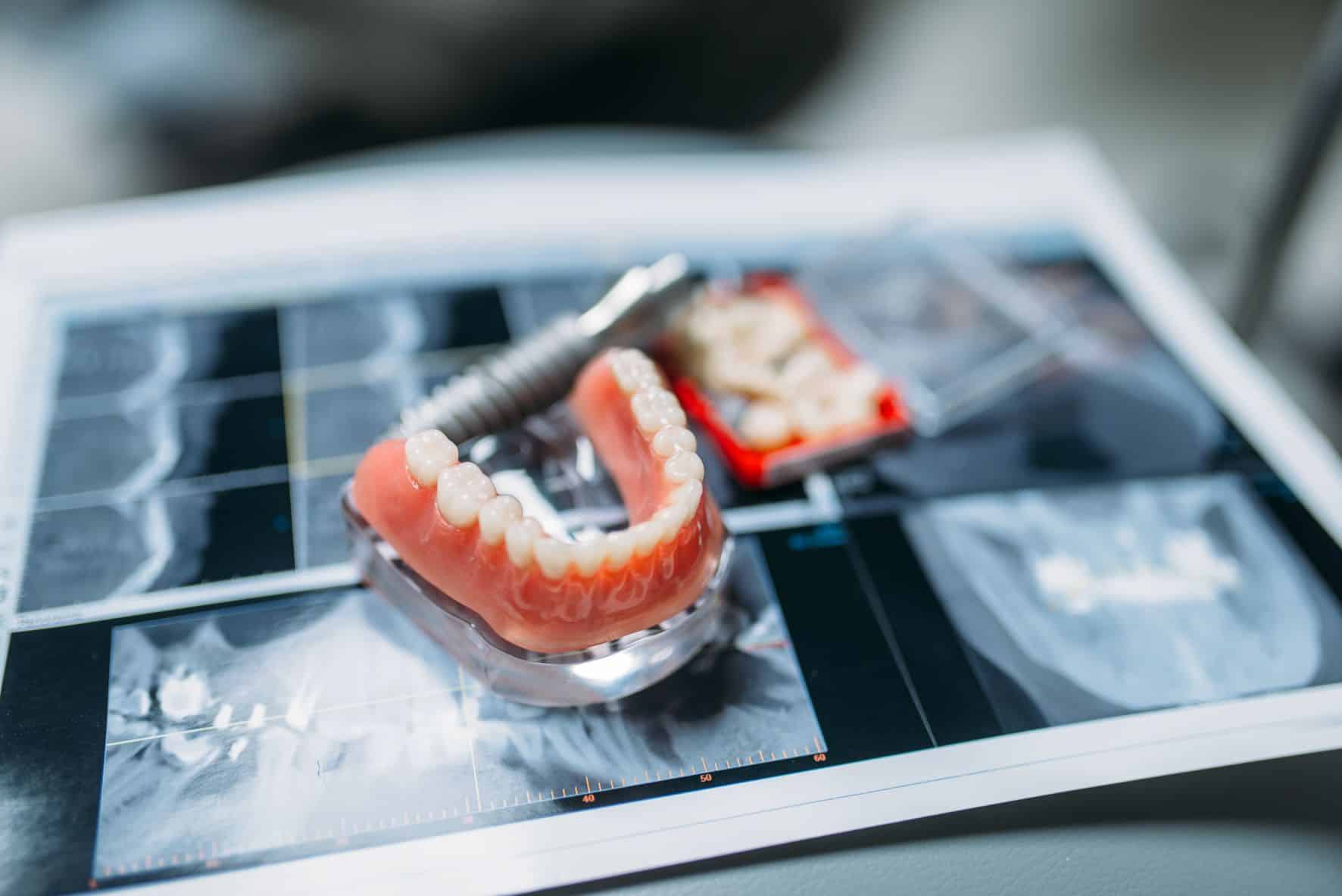
How To Know If It’s Time For Dentures
Every year, more and more people in the US need dentures. Currently, over 10% of the country (90% of them with complete loss of all natural teeth) are already fitted with them. With denture technology becoming more advanced, it’s incredibly hard for someone to tell you are even wearing them, so always keep an open mind if your dentist recommends being fitted for dentures for the benefit of your oral health.
Let’s go over when and how to tell if it’s time for you or someone you love to get dentures.
5 Signs That It’s Time To Consider Dentures
You may be a candidate for dentures if you:
1. Have Chronic Toothaches
A good indicator of tooth decay is a painful toothache that just won’t go away. Pain this deep may indicate that an infection has infiltrated the nerve. A root canal may be sufficient to fix the issue, but in some cases, the decay is too advanced and will require an implant or partial denture.. If you aren’t visiting the dentist regularly, decay could be affecting whole areas of your teeth or you could have scattered teeth which require implants or dentures.
2. Red, Swollen Gums
The presence of inflamed, tender gums is one of the most common symptoms of periodontal (gum) disease. The more severe the gum disease, the more likely you are to experience tooth loss.
3 out of 4 people will experience gum disease at some point in their lives and 70% of all adult tooth loss is due to periodontal disease. If you catch the signs of periodontal disease early, you may be able to stave off the more permanent consequences, such as bone loss, receding of gums, and tooth loss. Brushing and flossing regularly and seeing your dentist every 6 months can at least slow the progress of the disease, but you may need dentures at some point down the road because of it.
3. Trouble Chewing Food
Chewing may be painful or uncomfortable due to decay or an already missing tooth. Toothaches can be debilitating as is, and having them before, during or after eating can be a miserable experience. If you are having trouble with chewing your food, it could be time for dentures. Regardless, if you are having trouble eating, you should contact your dentist as soon as possible to schedule an exam.
4. Loose or Missing Teeth
If you already have 3 or more missing teeth, it’s often recommended to get fitted for dentures to help ease the pressure put on the remaining teeth, as well as to help bridge gaps so eating and speaking can retain normal function.
Without additional support, there’s an increased chance you could continue to lose more teeth in the future, as the remaining teeth become worn down and shift in the open spaces left from your missing teeth. If you aren’t yet missing teeth, but some of them are already loose or just now beginning to become loose, they may need to be pulled (preferable) or they may eventually fall out on their own (not ideal). Don’t let a loose tooth stay that way — see your doctor as soon as possible if you are experiencing loose teeth.
5. Low Self Confidence Due to Tooth Loss
Dentures can help you get your smile back after tooth loss. Don’t let missing teeth rob you of your self-confidence. Talk to your dentist about how dentures can help you regain your smile.
Types of Dentures
Partial Dentures
Partial dentures replace a section of your teeth that are missing and rely on healthy teeth around the denture for support. They are anchored by metal clasps that your dentist installs. These work to add structural integrity and support to your teeth, jaw, and gums, and look just like regular teeth. Partial dentures prevent nearby healthy teeth from shifting or moving any further.
Immediate Dentures
One common concern with dentures is in regard to the healing time after your teeth are extracted to prepare for being fitted with dentures.
It can take up to two months for your gums to heal enough to support traditional-style dentures, but with immediate dentures, you replace those missing teeth right away. Since gums can change while they heal, you will likely need to see your dentist more often than usual to make sure you are healing well and that your dentures are working as they should.
Full Dentures
These are the types of dentures most people are most familiar with. After all tooth extractions are completed and the gum healing process has concluded, your mouth is ready to be fitted with a set of full dentures. It typically will take around 2 months for your gums to be healed enough for fitting with a full set of dentures, so be prepared to have to wait for a little bit after extractions to get your full set. Again, in this time, you may be required to visit your dentist on a more frequent basis than usual, as regular examinations may be required to chart the progress of your healing and dentition
Get Your Smile Back with Dentures
Carrie Muzny DDS offers the highest-quality dental services for our patients in The Woodlands and surrounding areas. Our highly acclaimed dentists are not only exceptionally trained in modern preventative techniques, but also have attained academic honors and continue to refine their craft year after year in preventative dentistry, restorative dentistry, surgical procedures, and cosmetic dentistry.
With our state-of-the-art technology and vast range of smile-perfecting procedures, we stay atop the field and deliver smiles as sunny as the state of Texas!
To let us help you get that perfect smile, contact us today. You can even request a virtual consultation!

